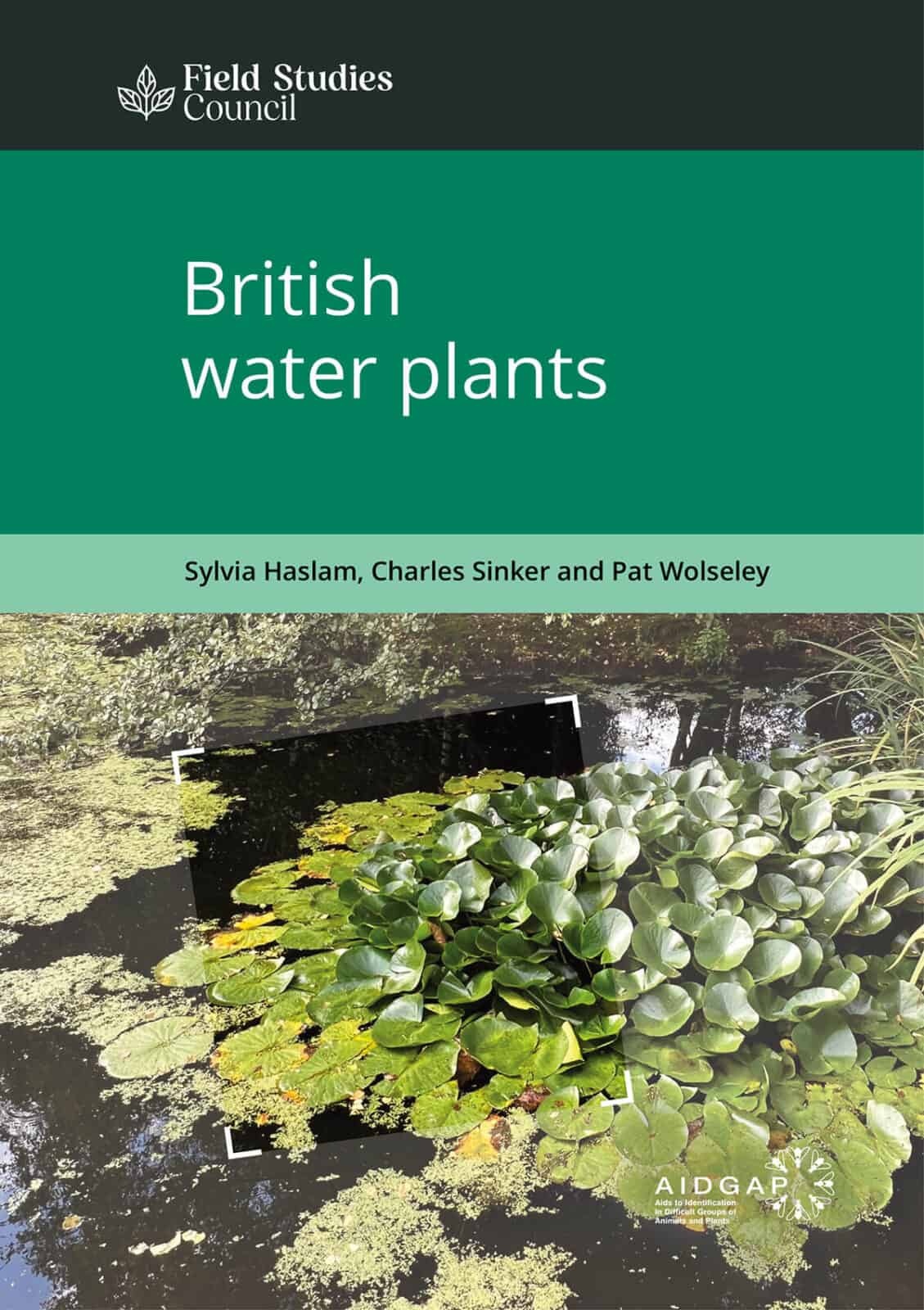
British Water Plants
- Including 9% Tax: €12,62
- Excluding VAT: €11,58
- Free shipping in the Netherlands from €50,-*
- Ordered before 5 p.m. on working days? Shipped the same day!
- 14-day money back guarantee
- We are happy to think along!


| Series | Field Studies Council AIDGAP Guides |
| Authors | S.M. Haslam, C.A. Sinker & P.A. Wolseley |
| Language | English |
| ISBN | 9781851531073 |
| Publisher | Field Studies Council Publications |
| Pages | 109 |
| Format | Paperback |
| Images | Line drawings |
| Year published | 2019 |
FSC Water plants AIDGAP is an identification guide to all the larger native and naturalised plants found both in still and flowing freshwater. It covers true aquatics, emergents, and the aquatic forms of species normally found out of water
The identification keys use vegetative characters like leaves and stems. So you do not have to wait for a plant to start flowering before you can identify it. There is an overall dichotomous key to groups, followed by individual group keys. A separate key covers the commoner species found only in rivers. Concise species accounts cover each plant’s ecology, including flow rate, nutrient status, soil substrate, and depth at which the plant grows. Finally there is a series of full-page drawings showing the natural habit of growth of most of the species.
This water plants guide is part of the FSC’s AIDGAP series (Aids to Identification in Difficult Groups of Animals and Plants). The aim of AIDGAP series is to produce accessible keys suitable for non-specialists from sixth-form age upwards. Although written and edited by specialists, all AIDGAP guides undergo extensive field tests in draft form before final publication.
Accurate identification of specimens is an important part of biological fieldwork. Since 1976, the AIDGAP project has published over 40 straightforward and clearly written identification keys to many different groups of plants, animals and other taxa. In many cases the AIDGAP volume is the only non-technical work covering the taxa in question.
First published in 1976, this guide is a favourite of generations of botanists. For the 2019 edition, the scientific and common names have been fully updated to follow Stace (4th edition).
There are no reviews written yet about this product..
Complete your order